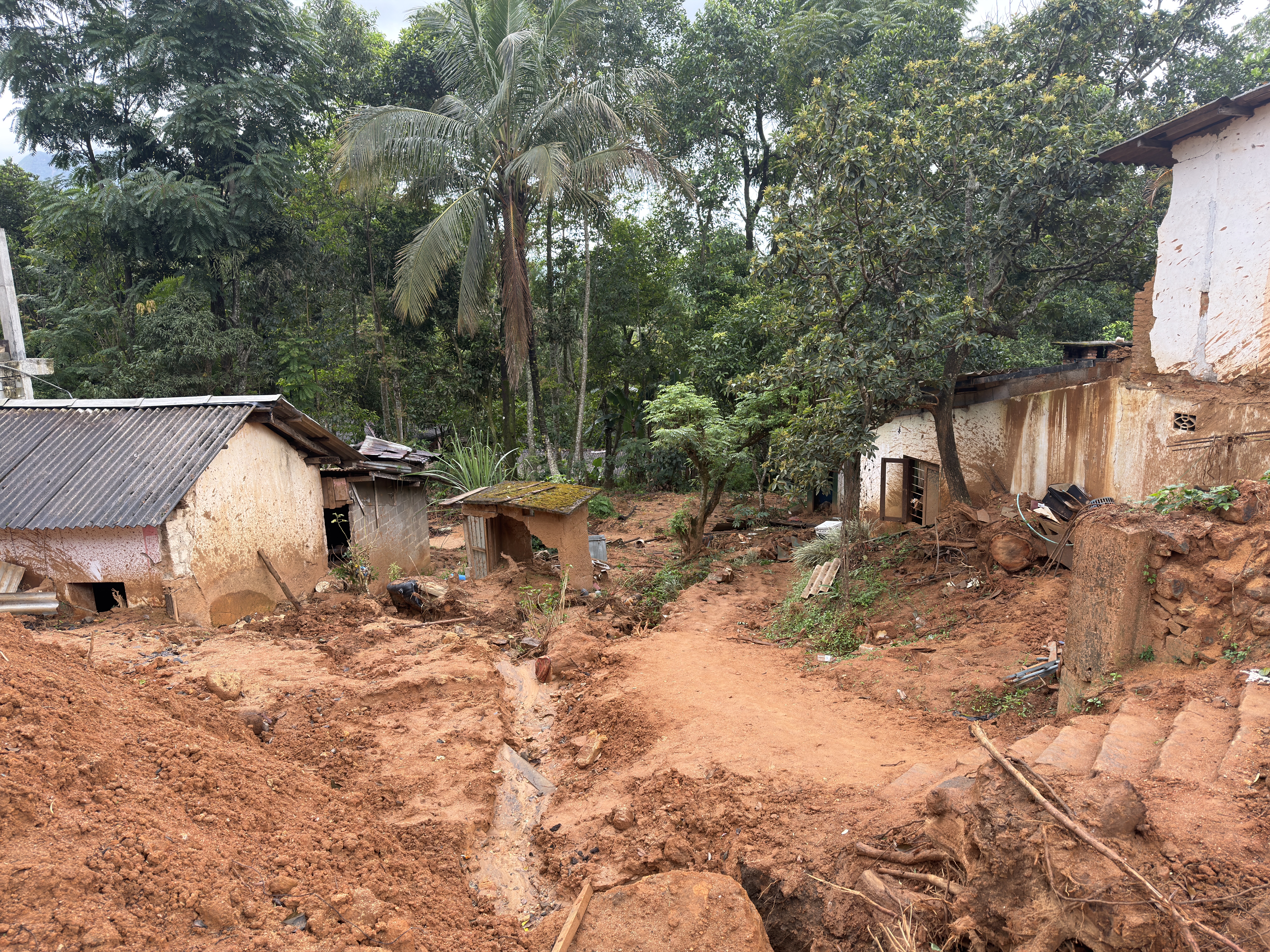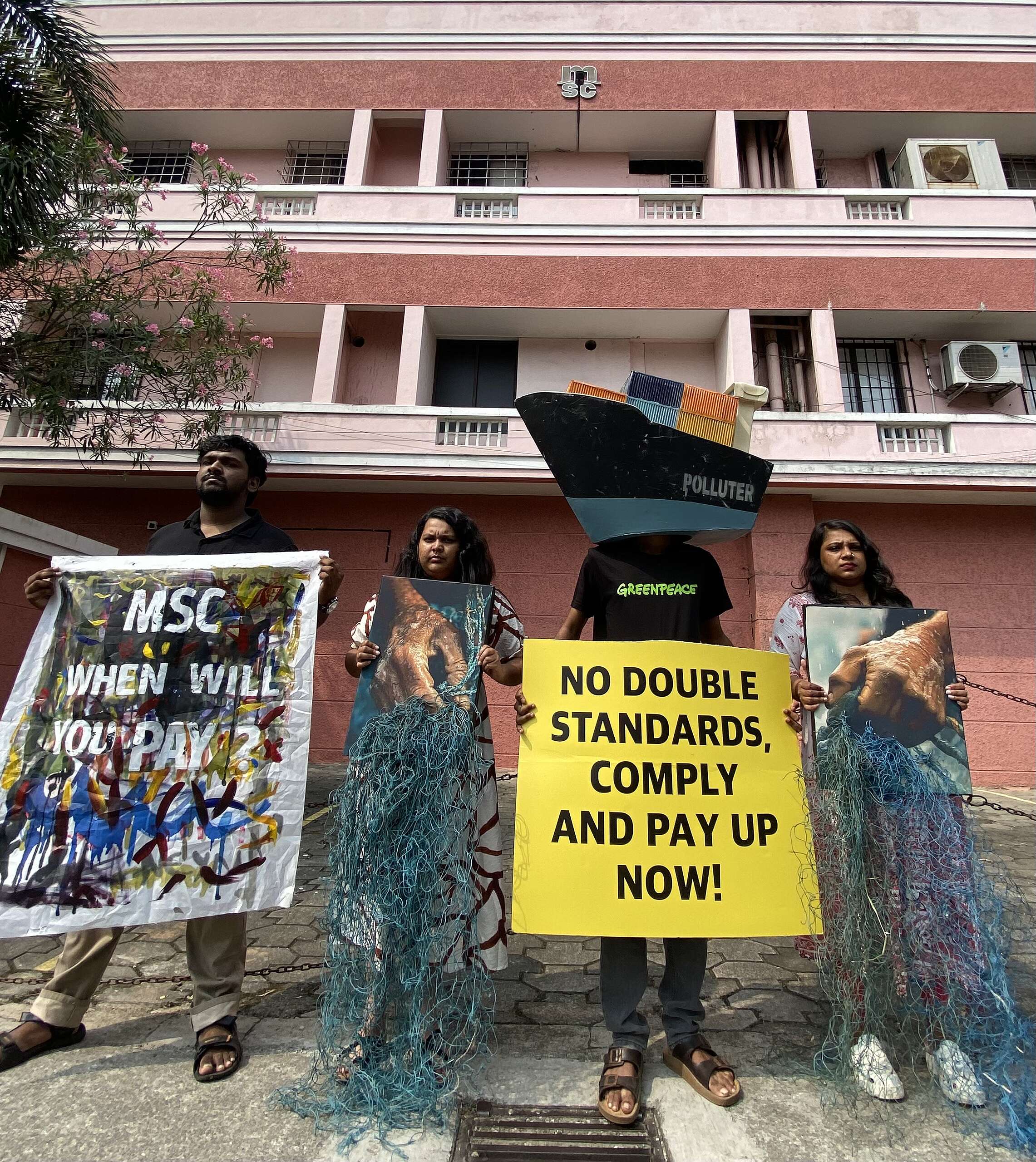New Delhi, 01 May 2025 – As a life-threatening heat wave unravels in South Asia, more than 10 groups representing at lakhs of workers across Indian, Sri Lanka, Bangladesh and Nepal have signed a Polluters Pay Pact, calling on governments to introduce new taxes on oil, coal and gas corporations to fund solutions and help communities worldwide.
A Greenpeace India’s qualitative research report titled “Ground Zero: Climate Experiences among Informal Workers in Delhi,” released on this occasion found that street vendors suffer from immense productivity loss and health risks during peak summer months. The study noted that for every 1°C rise in temperature, informal workers’ earnings can fall by up to 19%, with income losses reaching up to 40% due to unbearable midday heat and reduced business. Simultaneously, medical expenses increase by around 14%—illustrating the devastating climate-health-economic nexus. The report mentions that street vendor’s daily earnings, once averaging Rs. 1000, now fluctuate between Rs 300-1200 due to climate disruption and market instability.
Workers across South Asia observed the International Workers’ Day, in a series of simultaneous events where they wrote messages about the impacts of extreme weather and their demands on sarees, a six-yard-long unstitched cloth draped by women in South Asia. The initiative, titled ‘Sarees for Solidarity’, carries messages of workers union leaders addressing the role of oil and gas corporations and their responsibility for the climate crisis which will be taken to the 30th United Nations Climate Change Conference of Parties (COP30), scheduled to be held in Balem, Brazil.
An event held today in New Delhi also marked the launch of the Workers’ Collective for Climate Justice – South Asia, which emerged as the key outcome of the discussions by worker groups and civil society organisations on growing threats to workers from extreme weather events, fuelled by the oil and gas industry. Participants included the Youth Organization for Democratic Development and Help in Action (YODDHA) and Joint Hawker Action Committee for street vendors, the Basti Suraksha Manch union for waste pickers, the Telengana Gig and Platform Workers Union, Amazon Workers’ Union, domestic workers, construction workers and indoor-based factory workers.
“As temperatures rise, we must do the same. City infrastructure needs to match the adaptation needs of everyone. Vendors, who work outside through the heatwave, are in urgent need of cooling centers, shaded areas, water, and medical care to survive this heatwave season,” said Sandeep Verma of the Youth Organisation for Democratic and Help in Action (YODDHA). “In the scorching heat, Indian workers have nowhere to hide, while the oil executives fueling this crisis are safely seated in air conditioned offices. This injustice must end by applying the polluter pays principle to those responsible for the climate crisis we’re in.”
“When the heat rises, it’s not the CEOs of oil and gas companies who suffer—it’s the informal workers out on the streets, with little infrastructure and safety net for adaptation. Our Ground Zero report shows just how devastating this is: income drops, health risks soar, and yet no one’s held accountable. That’s why we’re backing the Polluters Pay Pact, said Amruta S. Nair, Climate and Energy campaigner at Greenpeace India. “Governments must impose taxes on Big Oil, the proceeds of which should be redirected for inclusive adaptation measures for vulnerable communities. Climate justice must begin by protecting those who are least responsible for this crisis, but who pay the heaviest price every day.”
”As momentum builds up to make oil and gas corporations pay for a crisis fuelled by their emissions, the industry responds with attacks against those calling them out. Emblematic of this assault on free speech is a multi-millions US$ meritless lawsuit by U.S. company Energy Transfer against Greenpeace U.S. and Greenpeace International. The Polluters Pay Pact shows that while polluters engage in intimidation, the climate movement can’t be silenced. Greenpeace organisations worldwide are committed as ever to resist the corporate polluters and the billionaire takeover of democracy.
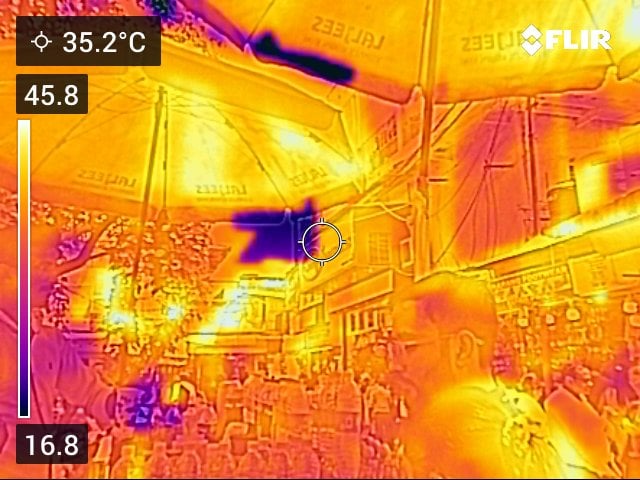
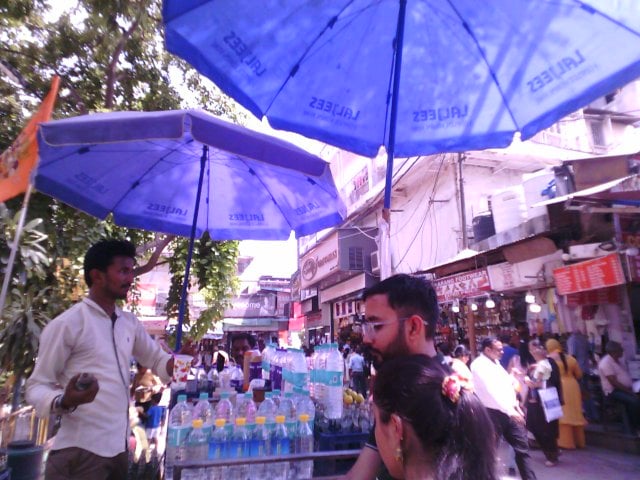
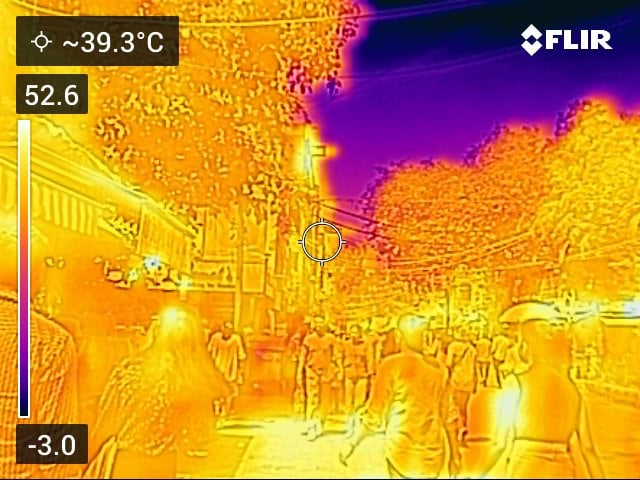
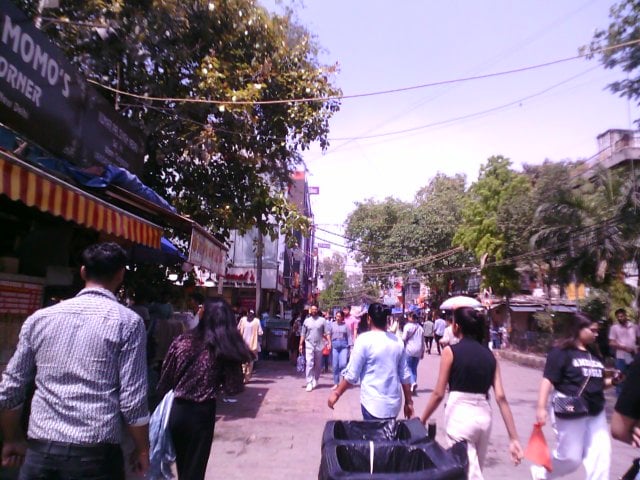
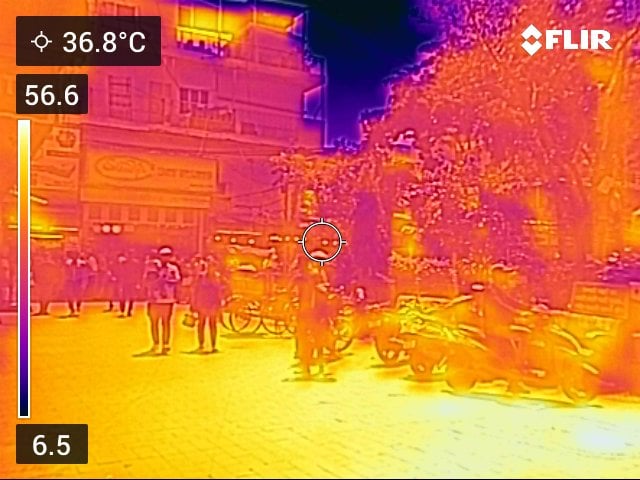
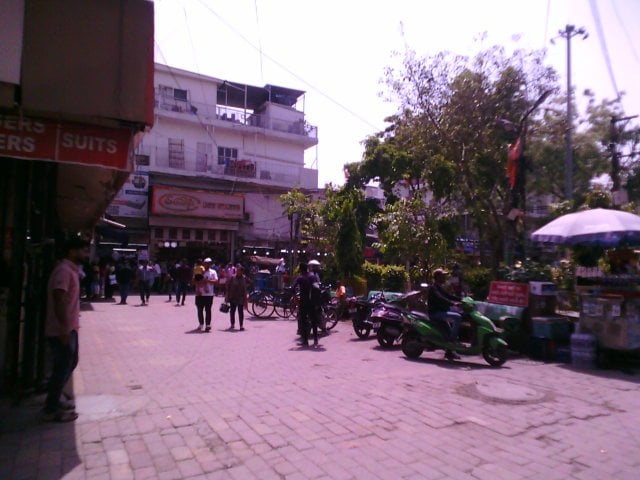
Notes:
Find more about the workers group and unions here
[1] “Weather Status” – India Meteorological Department, Ministry of Earth Sciences. https://internal.imd.gov.in/section/nhac/dynamic/extended.pdf .
[2] “Climate change made the deadly heatwaves that hit millions of highly vulnerable people across Asia more frequent and extreme” – World Weather Attribution https://www.worldweatherattribution.org/climate-change-made-the-deadly-heatwaves-that-hit-millions-of-highly-vulnerable-people-across-asia-more-frequent-and-extreme/
Contacts:
Nibedita Saha,
Media Officer, Greenpeace India ,
[email protected]
Tal Harris,
Greenpeace International,
Global Media Lead – Stop Drilling Start Paying campaign,
+41-782530550,
[email protected]

